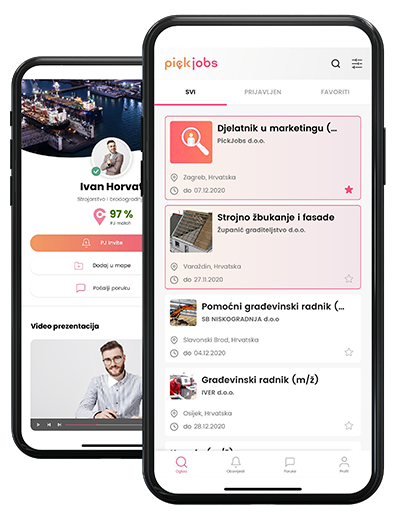Artificial intelligence offers a wide range of possibilities through automated chatbots, advanced analytics, and personalized user experiences. Yet, many employers still ask themselves – is investing in AI really worth it? Is it just another expense, or a long-term investment that can bring real value?
AI as a Tool, Not a Miracle
The first thing to understand is that AI is not a magic wand that will automatically solve all business challenges. At its core, it is a technology that analyzes data, identifies patterns, and assists in decision-making. Its true value lies in how we implement it, not in the technology itself.
As with any other investment, the key is that AI should solve specific business problems. For example, instead of employees manually analyzing sales data every day, AI can perform this task faster and more accurately, allowing people to focus on strategic decisions.
When Does AI Become Just an Expense?
AI can become an unnecessary expense when introduced without a clear strategy. If a tool is used just because it’s "trendy," without a real understanding of its purpose and potential, results are likely to fall short. An even bigger issue arises if the implementation occurs without educating employees – the technology then sits unused, while costs accumulate.
Likewise, overly high expectations often lead to disappointment. AI cannot solve every challenge overnight. It takes time to set up, test, and optimize the system, and results often come gradually.
AI as an Investment in Growth and Efficiency
On the other hand, when used thoughtfully, AI becomes a powerful investment. Real-world examples show that companies implementing AI with clear goals and measurable outcomes often see significant benefits. By automating repetitive tasks, labor costs decrease and productivity increases. In the sales sector, AI tools can analyze customer behavior and suggest personalized offers, resulting in higher conversions and revenue.
An interesting example comes from the logistics sector, where AI helps optimize delivery routes, reducing fuel costs and travel time. In small and medium-sized businesses, using ready-made AI tools – such as those for managing social media, market analysis, or content generation – allows for competitiveness without the need for large teams.
How to Make the Right Decision?
For employers considering the adoption of AI, it’s important to ask a few simple questions:
- What specific problem do we want to solve?
- Are there existing AI solutions that can make this possible?
- What would the return on investment be – can we measure success?
- Are our employees ready to work with this new technology?
Answers to these questions can help guide an informed decision and prevent unnecessary spending.
Strategy Before Technology
Investing in artificial intelligence is no longer a luxury reserved for large corporations. Today, there are numerous tools that are affordable and easy to implement. But as with any technology, the key to success lies in how it is used.
For those employers who see AI as a strategic tool rather than just another line on the expense sheet, the potential for growth, innovation, and competitive advantage is huge. So, AI is not a cost – as long as you use it as a smart, long-term investment.

 Croatia
Croatia Bosnia and Herzegovina
Bosnia and Herzegovina Serbia
Serbia Crna Gora
Crna Gora North Macedonia
North Macedonia Ukraine
Ukraine Albania
Albania Kosovo
Kosovo Austria
Austria Deutschland
Deutschland Switzerland
Switzerland









